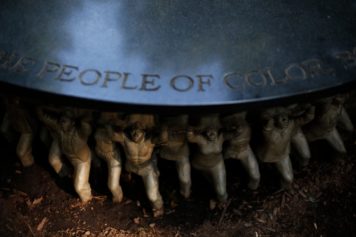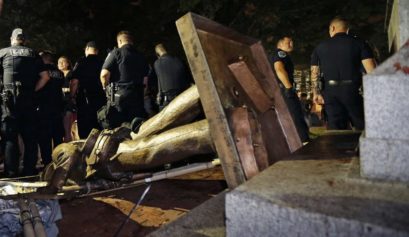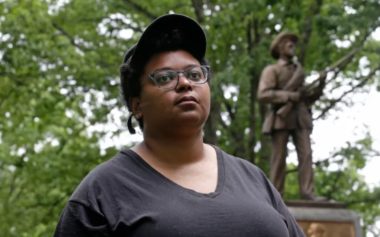Buried underneath the blaring headlines concerning Penn State, another tale of impropriety involving a prestigious collegiate institution—this time the University of North Carolina at Chapell Hill—has come forth, raising questions about the integrity of its student-athletes.
In August 2011, the University of North Carolina at Chapel Hill launched an internal investigation of its African and Afro-American Studies department after apparent inaccuracies involving its courses were discovered. The results showed that dozens of the department’s classes were taught “irregularly,” meaning that the listed instructor had little to no interaction with students and/or did not grade written assignments.
Approximately 600 students were registered in these classes between 2007 and 2009, a number of whom were student-athletes. The investigation also found that students were afforded temporary grades and grade changes at a startling rate, including one professor who had given 26 percent of his students temporary grades. Though the investigation determined that student-athletes had been given preferential treatment, it seems that athletic counselors assigned to help student-athletes guided them towards the questionable courses. One of the “no-show” classes, which included 18 football players and one former football player, was created just days before the summer semester began.
“It seems likely that someone in the African and Afro-American Studies Department called athletics counselors (who are professionally trained and hired by the College of Arts and Sciences) to tell them that certain courses would be available,” the report read. “While we do not know exactly what transpired, clearly there is considerable uncertainty in the relationship between academic departments and athletic counselors. …”
The University probe was sparked after an NCAA investigation, during which a student-athlete had submitted a paper from one of the courses in question to the NCAA as part of a complaint. The paper was fraught with plagiarism, and was widely reported and made available to the public. , Professor Julius Nyang’oro, who served as the department chair during the time in question, was also the instructor for the student’s course. The report has since identified him, as well as retired administrator Deborah Crowder, as likely sources of academic impropriety. Nyang’oro resigned from his position, and officially retired from the University at the start of the month.
While the athletic program does not currently face sanctions, the internal report mentions that student-athletes should be advised by standard academic counselors rather than those working for the athletic program. In addition, it calls for an independent investigation by higher education officials to look into the relationship between the athletic program and the academic fraud case.


